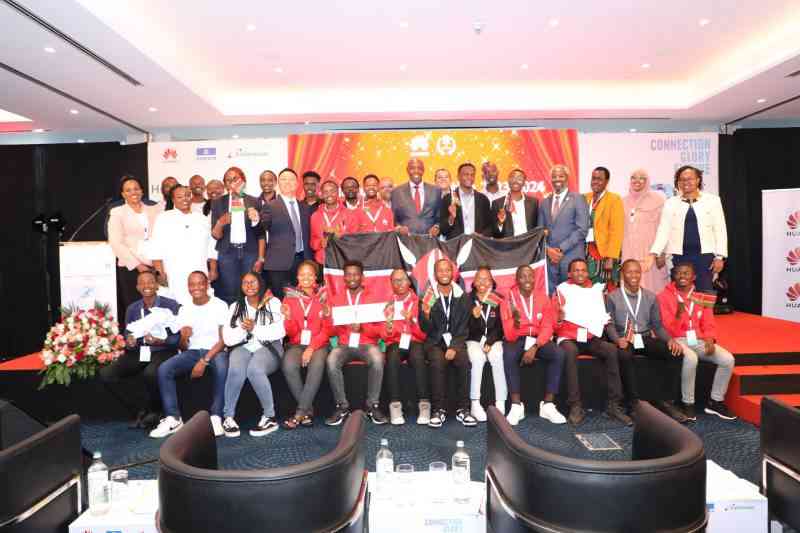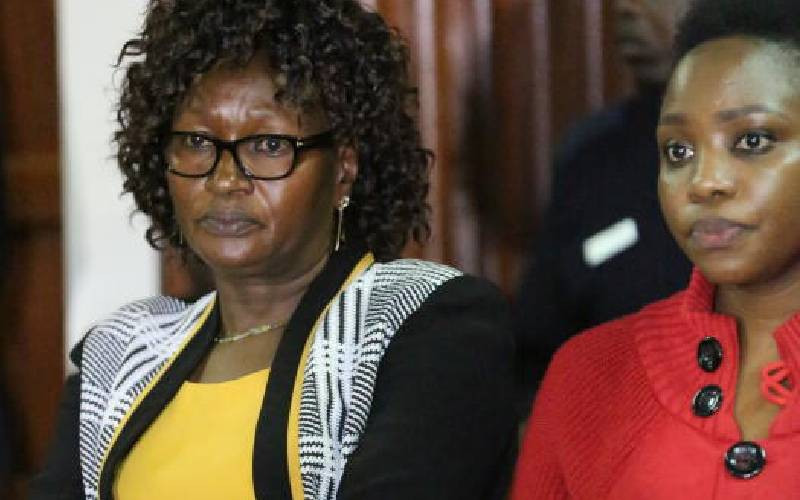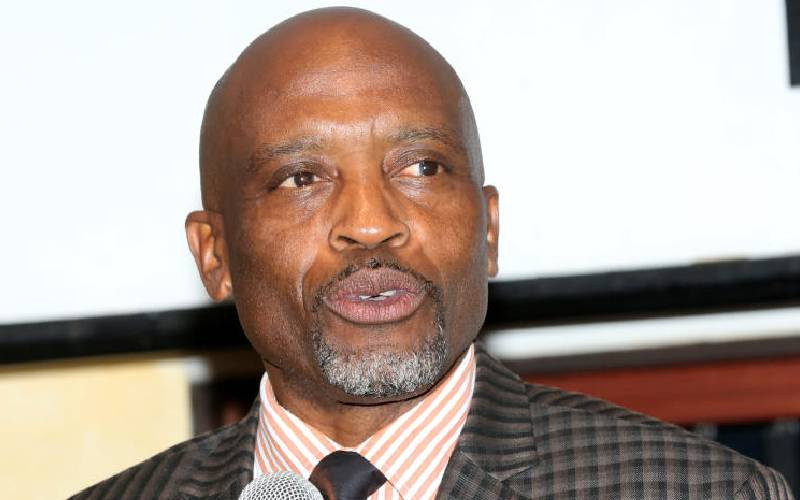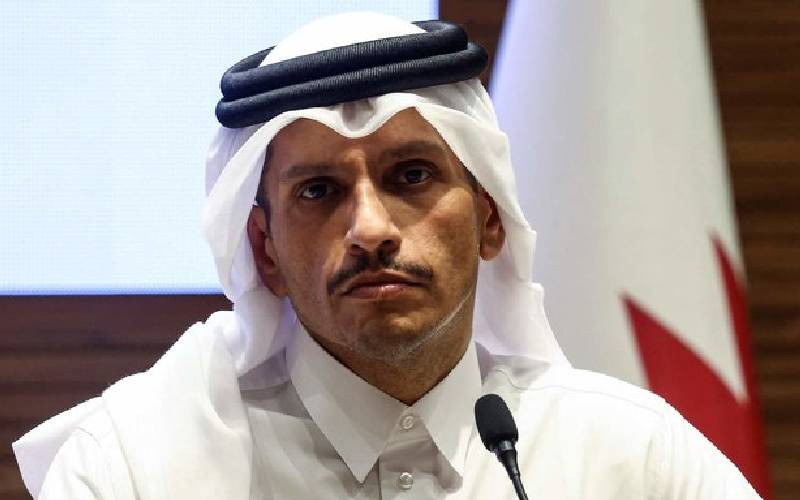By AUGUSTINE ODUOR
The Ministry of Education is ready to roll out solar powered laptops for all Standard One pupils in public schools by next year.
Education PS George Godia said the ministry is prepared to implement the pledge by the Jubilee Government. The PS said the initiative would fit in the ministry’s plan to ensure Information and Communication Technology (ICT) is a major driver in Kenya’s education.
He said ICT would be a teaching and learning tool in all public schools and not an examinable subject in class.
“Based on these initiatives, if the Government decides to provide laptops for all children then it is just a matter of scaling up because we already have infrastructure,” said Godia.
He said the first initiative to be implemented was the Nepad e-school programme sponsored by the African Union and implemented in eight centres across the country.
He said the 210 e-school initiatives saw the schools given computers, printers, and LCD projectors among other items.
In addition to the gadgets, Godia said each school was given Sh1.5 million to implement the project.
The PS said the Government had also implemented the e-learning multimedia laboratory project for schools. He said so far the Government has spent over Sh4.5 billion in a project that targeted 240 institutions.
He said the other project is the economic stimulus programme, which targeted about five schools per constituency.
“Each school was given computers and an Internet capacity building which has had impact,” he said.
Over 2,000 schools have benefited so far under this initiative.
He said the ministry is currently implementing ‘Accelerating 21 Century Education’, one of the Bill Gates Foundation initiatives run by a consortium consisting of Ministry of Education, USAid, Intel, Microsoft and others.
“These are being implemented in 23 primary schools and three Technical Training Colleges spread across Coast, Central and Garissa,” he said.
Prof Godia said capacity building for teachers is part of the package and each institution is given 52 computers, printers, scanners and video cameras.
Stay informed. Subscribe to our newsletter
He said the experimented projects have largely succeeded and that many players had been brought on board and cited the establishment of an ICT innovation centre at Kenya Science.
“This is where we get new technologies and solutions with a view to giving advise to schools and management,” he said.
“We also have the integration team that has membership from semi autonomous agencies. These ones deliberate on different ICT solutions and advise us.”
He further said there was an ICT unit in place that provides technical services to both ministry and field and ICT for education charged with implementation of ICT integration programmes at school level.
“They deal with things like curriculum delivery and pedagogical issues. And finally we have the innovation centre,” said Godia.
He, however, said there would be need to benchmark with a view of integrating ICT at all levels of education.
 The Standard Group Plc is a
multi-media organization with investments in media platforms spanning newspaper
print operations, television, radio broadcasting, digital and online services. The
Standard Group is recognized as a leading multi-media house in Kenya with a key
influence in matters of national and international interest.
The Standard Group Plc is a
multi-media organization with investments in media platforms spanning newspaper
print operations, television, radio broadcasting, digital and online services. The
Standard Group is recognized as a leading multi-media house in Kenya with a key
influence in matters of national and international interest.
 The Standard Group Plc is a
multi-media organization with investments in media platforms spanning newspaper
print operations, television, radio broadcasting, digital and online services. The
Standard Group is recognized as a leading multi-media house in Kenya with a key
influence in matters of national and international interest.
The Standard Group Plc is a
multi-media organization with investments in media platforms spanning newspaper
print operations, television, radio broadcasting, digital and online services. The
Standard Group is recognized as a leading multi-media house in Kenya with a key
influence in matters of national and international interest.








